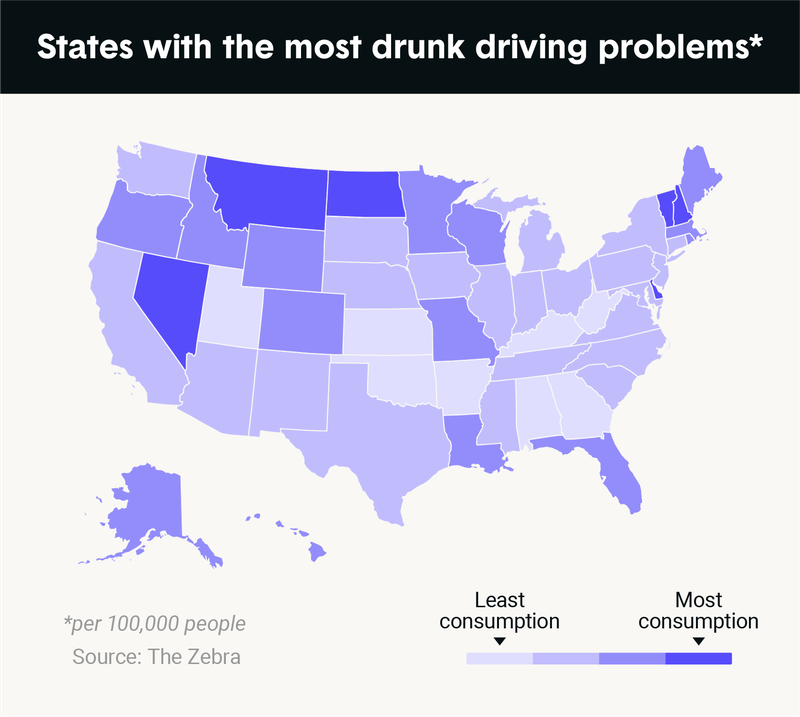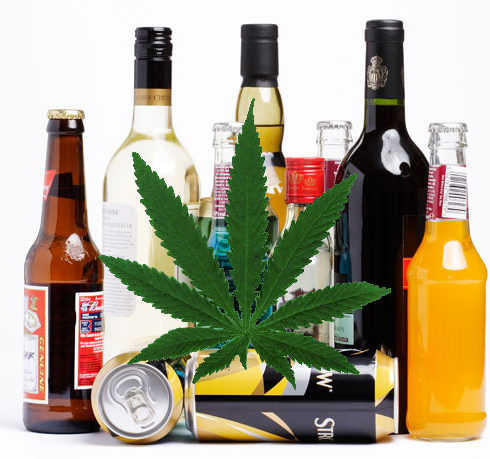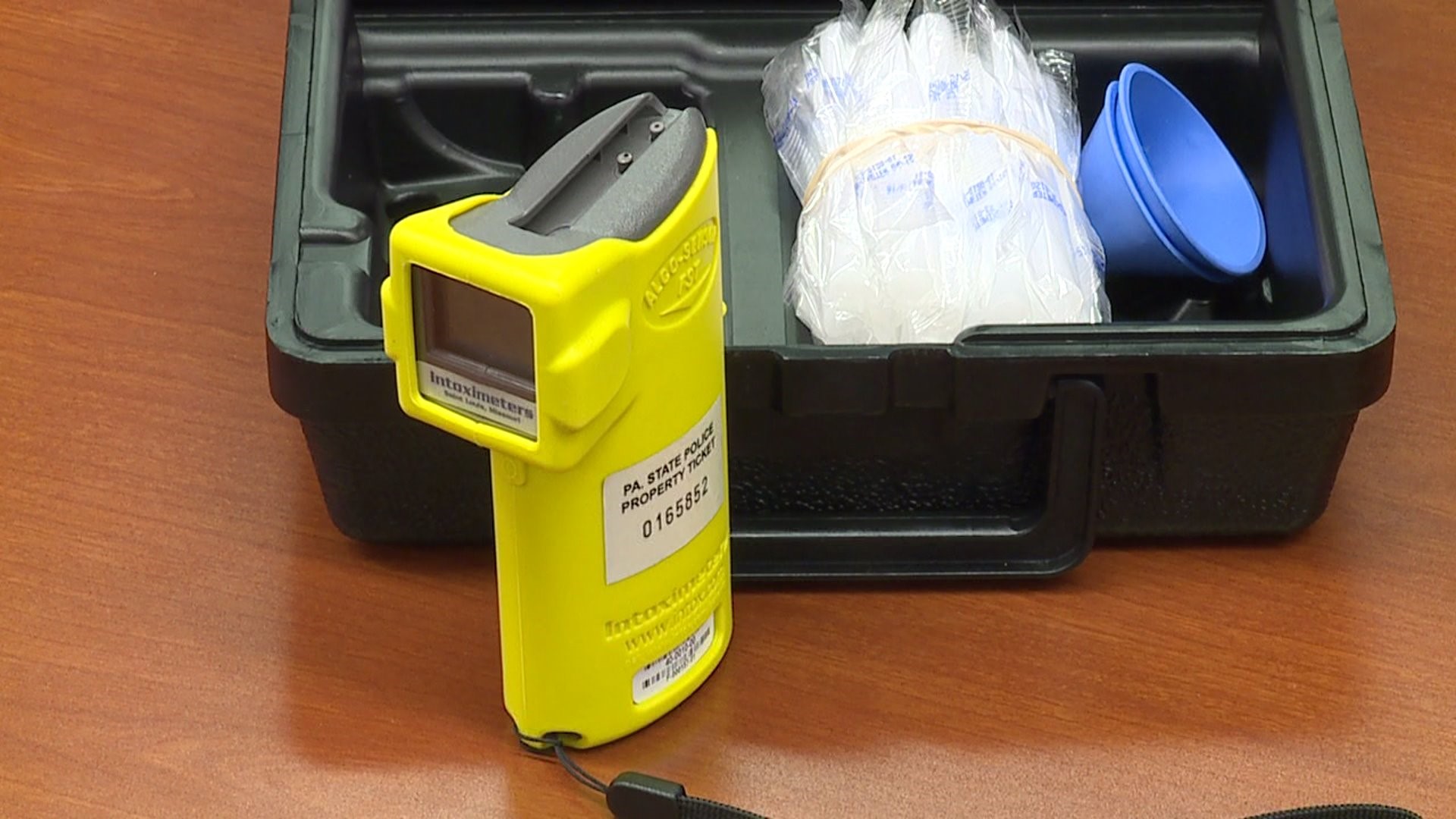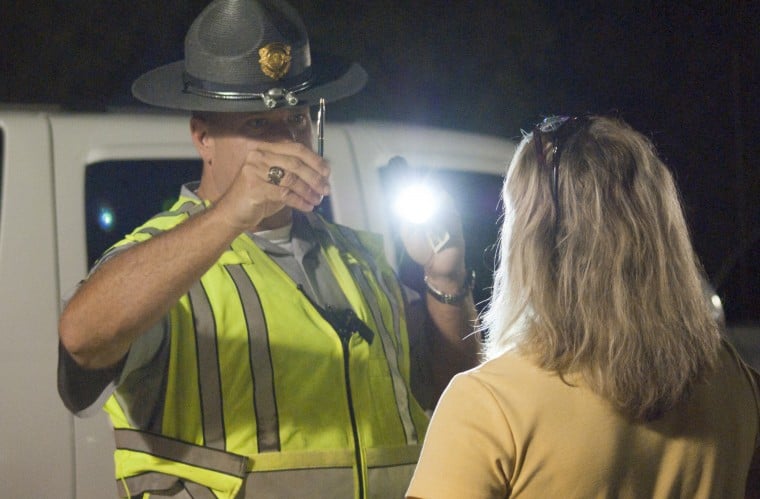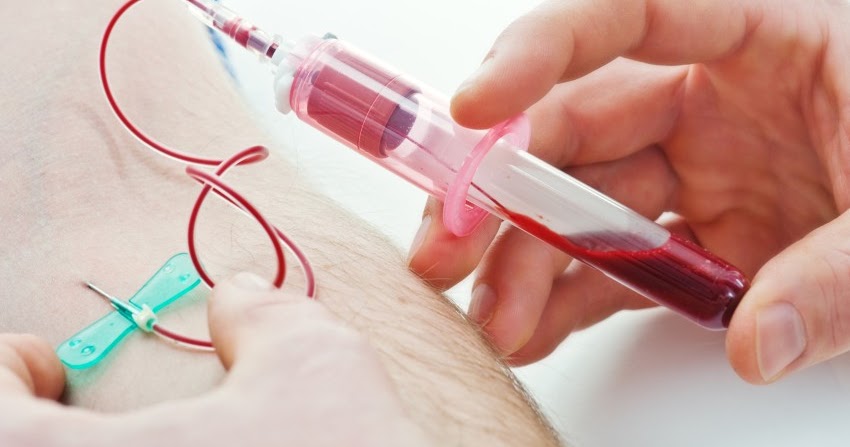
Technology. Gotta love it.
Canary has created a smartphone app which checks your mental and physical performance levels after ingesting marijuana and before driving. The app has gained widespread popularity and is sanctioned by NORML, an organization whose mission is to move public opinion to legalize the responsible use of marijuana by adults.
The app is straightforward: after logging in, it quickly subjects users to four basic tests: (1) a memory challenge where you have to recall six numbers that briefly appear on screen, (2) a reaction-time game where you have to quickly identify a particular icon from a series of images that pop up, (3) a time-perception assessment where you have to count off 20 seconds in your head as accurately as possible, and (4) a balance test that uses your phone’s accelerometer to gauge your ability to stand motionless on one foot.
After taking the tests, the app compares your results to a personalized performance baseline based on your past attempts at the app or norms built into the program.
Canary then determines whether your performance is impaired. At the end of the three-minute session, a green light means you’re not impaired, a yellow light means you should reconsider driving, and a blinking red light means you are impaired.
“This tool ideally allows cannabis consumers to take control and identify when they present a traffic-safety risk or when they may be under the influence,” says Paul Armentano, deputy director of NORML. “I believe this is information that all responsible marijuana users will want to know.”
The secret to Canary is that it doesn’t focus on potential markers of impaired performance, like levels of THC in your breath, but instead on performance itself. And since it launched weeks ago, Canary has been downloaded more than 10,000 times and is attracting attention from major marijuana players.
My opinion? Canary moves in the right direction. When it comes to marijuana use, drug tests such as urinalyses or blood tests are highly retrospective. The best those tests can do is assess lifestyle and acknowledge that the perpetrator consumed pot at some time recently. However, these tests have absolutely no impact on whether you can perform. It’s unfair to prosecute someone who might have smoked a joint on Thursday and tested positive on Monday. So yes, testing someone’s performance before driving is absolutely critical to discovering if they’re too stoned to drive.
There’s a social justice incentive behind accurate marijuana impairment tests as well: Since African-Americans are far more likely to be pulled over and arrested for marijuana offenses than whites, an objective way to determine who’s high and who’s not could help level the playing field.
Please contact my office if you, a friend or family member are charged with a crime. Hiring an effective and competent defense attorney is the first and best step toward justice.

